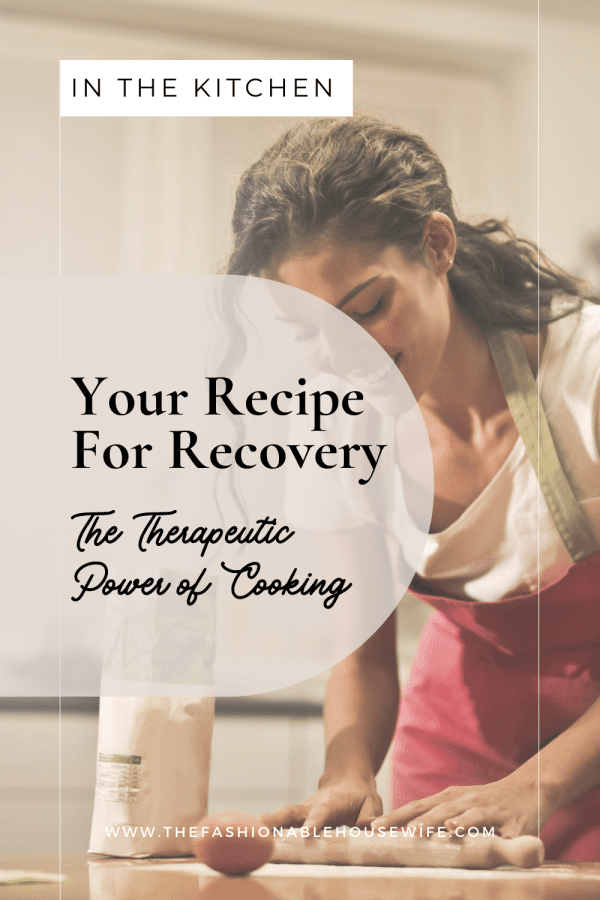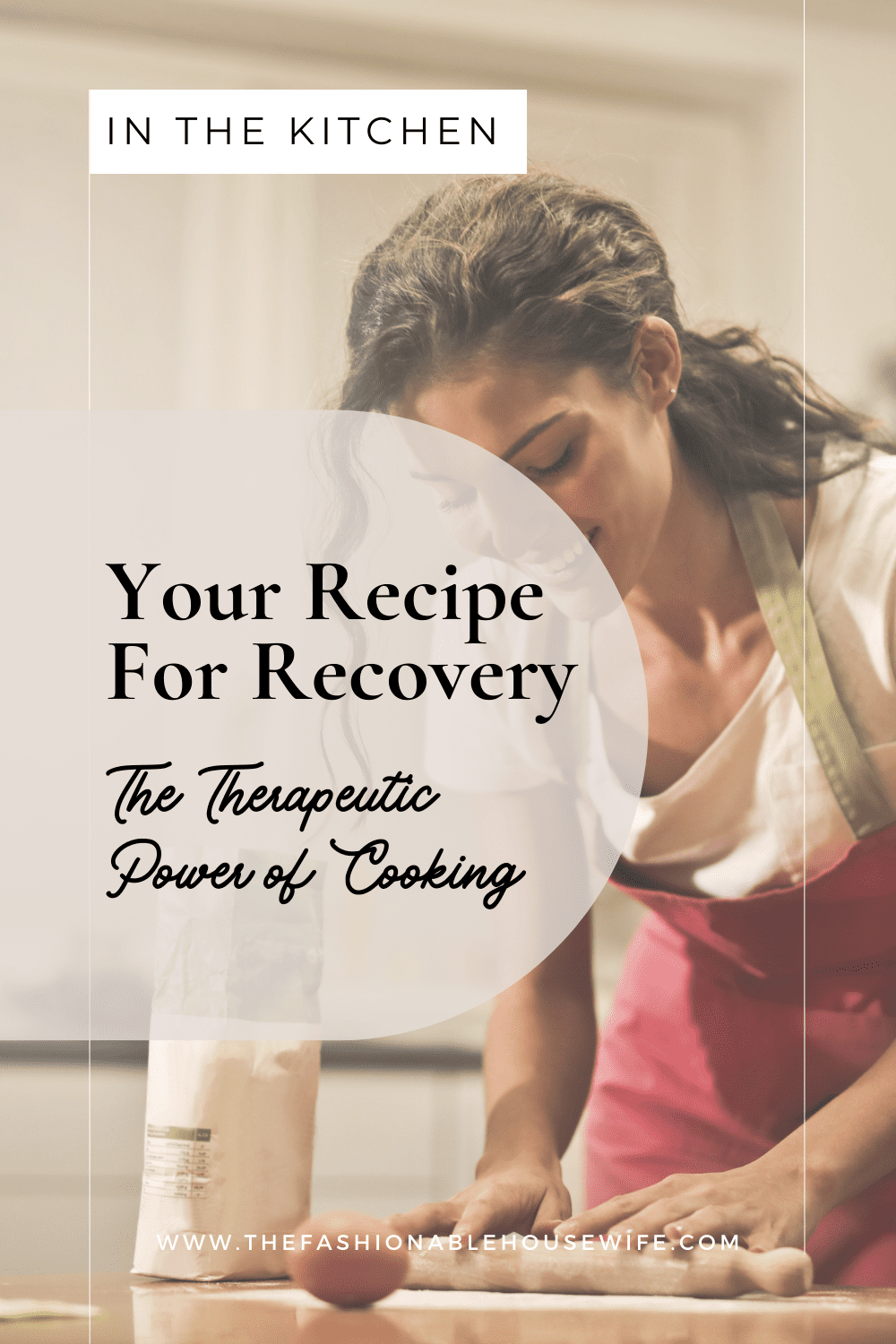Recipe for Recovery: The Therapeutic Power of Cooking

Alcohol rehabilitation treatment is often the first crucial step for individuals seeking to overcome alcohol addiction. While detoxing can be a physically and emotionally challenging process, incorporating new habits into daily life can significantly enhance recovery efforts. One such habit is cooking. Engaging in cooking not only promotes healthier eating but also serves as a therapeutic activity that can help individuals battle alcohol abuse. This article explores how cooking can be a powerful ally in recovery, offering emotional, psychological, and social benefits.
1. Creating a Healthy Relationship with Food
One of the most immediate benefits of cooking is the opportunity to develop a healthier relationship with food. For many individuals battling alcohol abuse, nutrition may have taken a backseat to their drinking habits. Cooking allows individuals to take control of their diets, making conscious choices about what they consume.
By preparing meals from scratch, individuals can focus on incorporating nutritious ingredients that support their physical and mental health. A balanced diet rich in vitamins, minerals, and antioxidants can help repair the body after the damage caused by alcohol. Moreover, cooking encourages mindfulness, allowing individuals to be present in the moment and appreciate the process of creating something nourishing.
2. Providing a Sense of Accomplishment
Cooking can offer a sense of accomplishment that is particularly beneficial during recovery. Completing a recipe or mastering a new cooking technique can boost self-esteem and provide a tangible sense of achievement. This feeling of success can be incredibly empowering for individuals who may have struggled with feelings of failure or inadequacy due to their alcohol abuse.
As individuals build their cooking skills, they gain confidence in their abilities, which can translate to other areas of their lives. This newfound self-assurance can be crucial in overcoming the challenges associated with recovery, reinforcing the belief that they can achieve their goals and make positive changes.
3. Serving as a Therapeutic Outlet
The act of cooking can be a therapeutic outlet for emotions. Many people find solace in the kitchen, using the process of chopping, stirring, and baking as a way to channel stress and anxiety. Cooking can serve as a form of mindfulness practice, allowing individuals to focus on the sensory experiences of preparing food—the colors, textures, and aromas—rather than dwelling on negative thoughts or cravings for alcohol.
Additionally, cooking can provide a healthy distraction from triggers and cravings. When individuals immerse themselves in the process of creating a meal, they can shift their focus away from their desire for alcohol, reducing the likelihood of relapse. This therapeutic aspect of cooking can be especially beneficial during challenging moments in recovery.
4. Fostering Social Connections
Cooking can also foster social connections, which are essential for individuals in recovery. Sharing meals with family and friends creates opportunities for bonding and support. Inviting loved ones to cook together can strengthen relationships and provide a sense of community, helping to combat feelings of isolation that often accompany addiction.
Moreover, participating in cooking classes or group meal preparation can introduce individuals to new social circles filled with supportive peers. These connections can be invaluable in recovery, providing encouragement and accountability. Sharing the experience of cooking and enjoying meals together can reinforce the idea that individuals are not alone in their journey toward sobriety.
5. Encouraging Routine and Structure
Establishing a routine is vital for individuals in recovery, and cooking can play a significant role in creating structure in daily life. Setting aside time each day to prepare meals encourages individuals to prioritize self-care and nutrition. This routine can help individuals regain a sense of normalcy and stability, which is often disrupted during periods of alcohol abuse.
Additionally, planning meals and grocery shopping can promote organization and time management skills. These skills are essential for maintaining a balanced life and can help individuals navigate the challenges of recovery more effectively.
6. Exploring New Cultures and Flavors
Cooking offers the opportunity to explore new cultures and flavors, enriching the recovery experience. Trying out new recipes from different cuisines can be an exciting adventure, encouraging individuals to step outside their comfort zones. This exploration can be particularly beneficial for those who may have previously relied on alcohol as their primary form of entertainment or social interaction.
By discovering new ingredients and cooking techniques, individuals can cultivate a sense of curiosity and creativity that enhances their overall well-being. This newfound passion for cooking can lead to healthier habits and a more fulfilling lifestyle, making it easier to stay committed to sobriety.
Cooking as Therapy
Incorporating cooking into the recovery process can be a powerful tool in the battle against alcohol addiction. From fostering a healthy relationship with food to providing therapeutic benefits and enhancing social connections, cooking offers a multifaceted approach to recovery. As individuals navigate the challenges of alcohol detox and beyond, embracing the art of cooking can empower them to create a healthier, more balanced life. By investing time and energy into preparing nourishing meals, individuals can take significant strides toward overcoming addiction and building a brighter, sober future.

